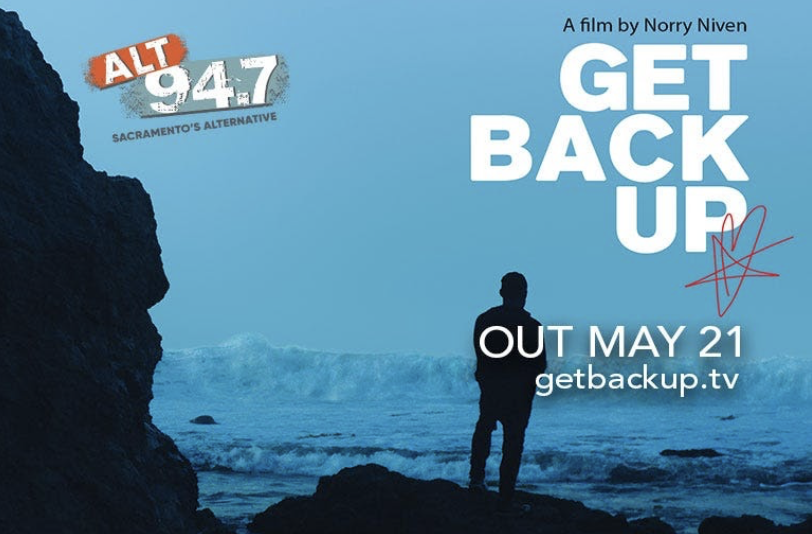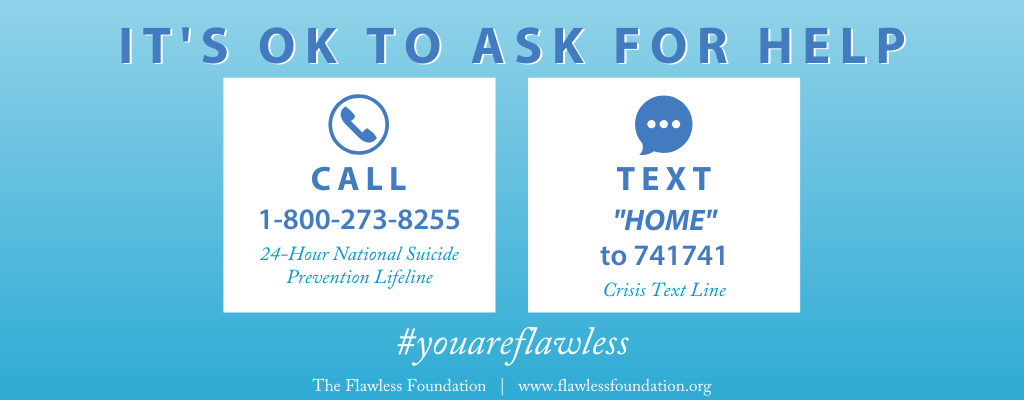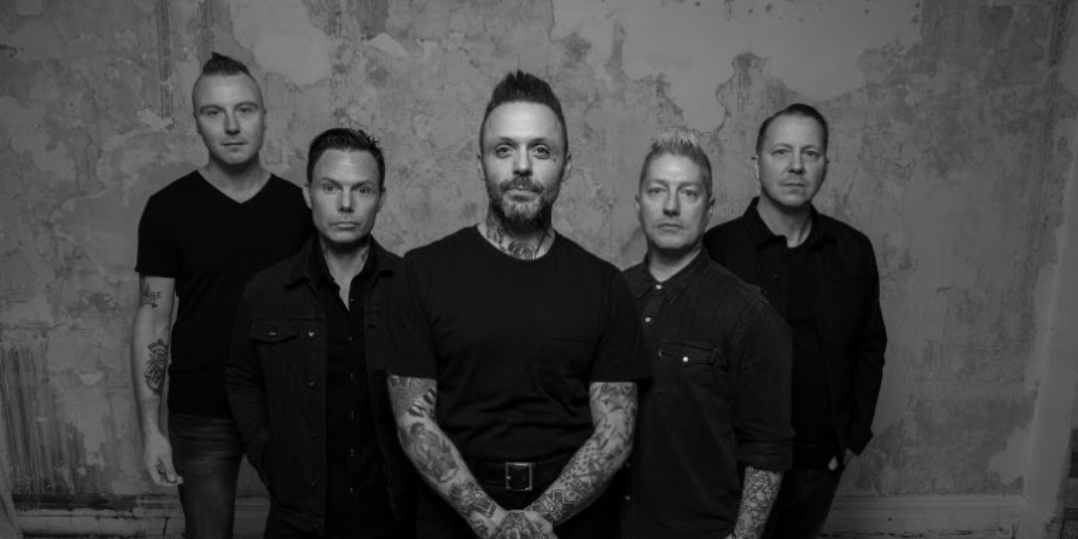By: Tre Gabriel
Flawless Fellow

From an outside perspective, Justin Furstenfeld seemed to have it all in life. He is a successful record producer, artist, and the lead singer of the American Alt / Rock band, Blue October. As a hit musician touring around the country, he lived the rockstar dream that many people dream to experience. However, when you listen to his lyrics, you understand that what gave him his fame was the same source that gave him pain. We sat down and had a Flawless Talk with Justin where he shares his journey to recovery and talks about his newly-released documentary: Get Back Up.
The documentary shows how Justin made a career of being as authentic and true to his deepest emotions since the beginning of his music career. This is something that his family admits worried them. In watching the documentary, you can feel the pain from his depression, failed relationships, substance use, and suicidal thoughts in his music. At the age of twenty years old, after a failed relationship, he says, “Everything I’ve known, everything I’ve trusted in had been turned around,” and it’s this experience that took Justin from an employee at a psychiatric hospital to a patient.
With this pain, there were no hidden or abstract messages. Instead, Justin chose to be transparent about his experiences with brain health challenges. At a time when being a rockstar meant singing lyrics that focused on the highs of life, Justin told us about his lows. This led to his fans asking, “How does he know the feelings that I’m feeling that I won’t tell anybody?” At Flawless, we have recently participated in the Mental Health Coalition’s How Are You, Really? Challenge, a campaign that included messages from celebrities talking about how they are really doing. This puts into perspective how powerful it is that Justin has told us how he really feels since he first picked up the microphone to sing.

As the Blue October’s fans fell in love with Justin’s truthful lyrics, the increased success led to more personal challenges. The band’s first big hit album led to sold-out concerts and guest appearances on well known talk shows, like Late Night with Conan O’Brien and The Tonight Show with Jay Leno. The film shows that as album sales increased, so too did Justin’s substance use challenges. His failed marriage, custody battles, and an unexpected injury that led to the cancellation of the band’s biggest tour sparked Justin’s downhill spiral.
Despite Justin’s struggles, this documentary is not one of failure but, instead, one of perseverance, motivation, gratitude, and strong messages of hope. Justin was able to overcome so much, and it is largely due to a loving support system with his family, bandmates, and the decision to go get professional help. As Justin says, “I will keep doing this every single day of my life if it leads me to you guys every single night…Today I want to talk about solutions. Today I want to talk about how beautiful this life is.”
If you’re feeling down or need a bit of encouragement, I urge you to watch Justin’s story to help you Get Back Up. And while so many of his lyrics explain his pain, it is his lyrics in a song for his brother that show the growth in his recovery and serves as a reminder to us all that we are never alone.
“So I sing, and I sing for my brother, Who keeps me sane, And tells me everything will be, Okay. I’m never alone, No, I’m never alone, I’m not alone.”
If you or someone you know needs help, please call the National Suicide Prevention Lifeline at 1-800-273-8255 or Crisis Text Line – Text HOME to 741741








